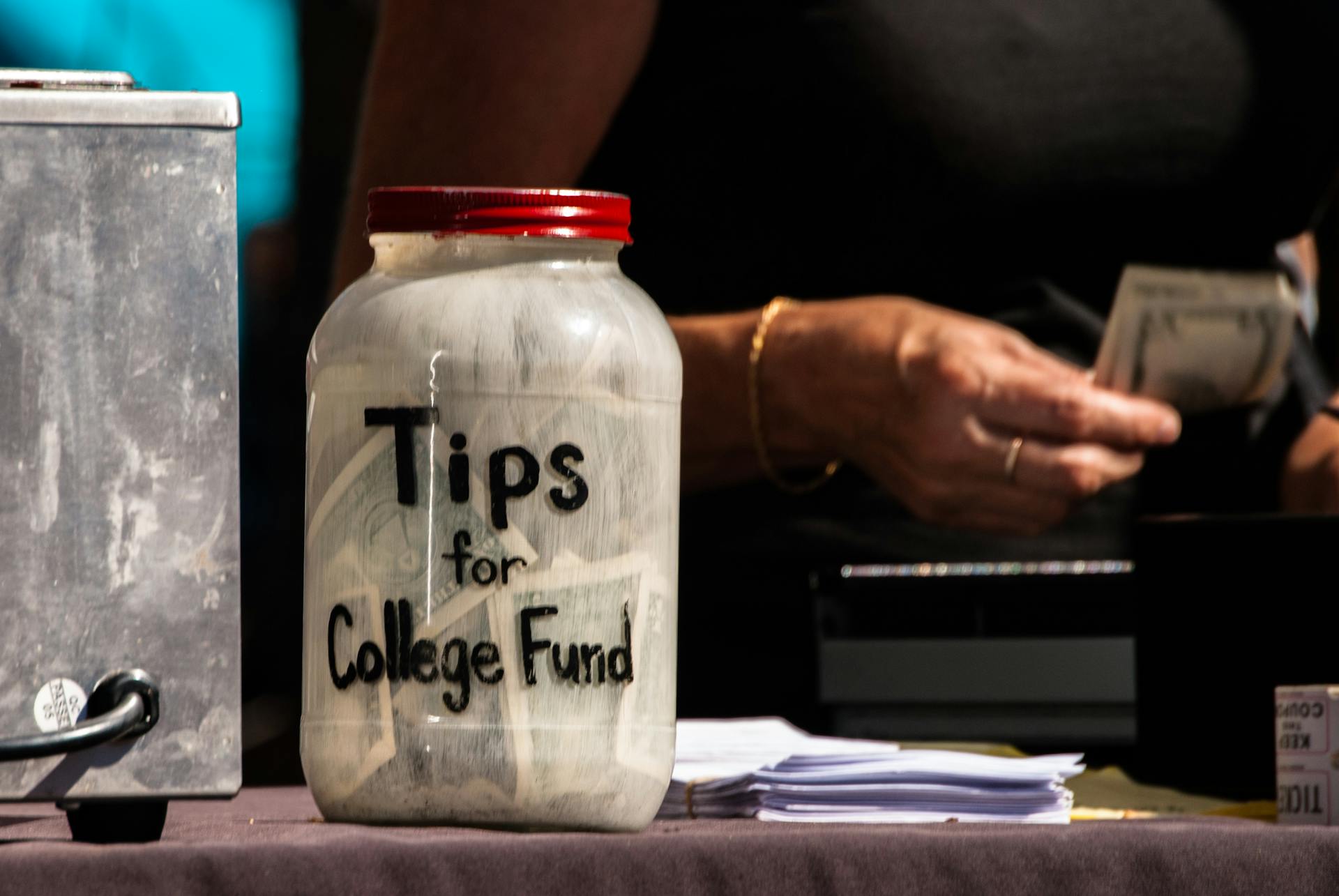
When it comes to donating your eggs, there's no one-size-fits-all answer. Although many people might assume that consuming alcohol would automatically disqualify someone from being approved to donate their eggs, this isn't always the case. In order for prospective egg donors to successfully qualify for donation programs, they typically need to meet certain criteria. This can include a range of lifestyle factors such as age and health history.
Whether or not alcohol consumption affects an individual's eligibility will depend on the specific program in which they are applying. Some programs may be more tolerant of occasional drinking while others will have stricter requirements on the amount and frequency of consumption allowed by donors. Many clinics take a moderate approach when it comes to evaluating an individual's alcohol use, as long as it is done responsibly and within social norms, although there are still certain standards that must be met before someone can become an egg donor.
When considering becoming an egg donor, it's important to understand what kinds of restrictions may apply in regards to healthy habits such as drinking within moderation or abstaining from alcohol altogether if necessary; this way you can make sure you're doing everything you can do increase your chances of acceptance into a program. Ultimately though the best advice should come from experts in fertility who understand how all lifestyle factors interact with one another when determining a person’s eligibility for donation programs.
Check this out: Donor Eggs Cost
Can you donate your eggs if you take certain medications?
Although egg donation may seem like a noble endeavor, there are certain medications that can interfere with the safety and success of the procedure—and thus prohibit you from participating. Medications that contain testosterone, anabolic steroids and estrogen are among the ones to watch out for as they can interfere with fertility hormones. As much as you may want to donate your eggs, those types of medications could put you at risk in doing so.
Additionally, it’s important to be aware of any underlying conditions or medical situations which could make donating your eggs too risky. These conditions include but are not limited to severe depression/mental illness, psychological trauma/abuse history and any infectious diseases. Certain auto-immune diseases such as lupus (SLE) can also be a red flag for egg donation clinics when considering applicants for donation programs.
Taking all this into consideration, if you’re taking any of these medications or have underlying health issues—it’s best to err on the side of caution and refrain from donating your eggs if at all possible. Take heed though: many fertility centers such as IVF centers will not take patients who have taken these kinds of medicines in the preceding months before undergoing treatment—so it’s important to get informed prior to donating your eggs!
Suggestion: Donating Eggs
Can you donate your eggs if you have had a tattoo in the past year?
The short answer to this question is, unfortunately, no. Any potential egg donor must not have had a tattoo in the past year in order to be eligible for egg donation.
The reason behind having a one-year gap between getting a tattoo and donating eggs is due to health concerns related to hepatitis B and C, as well as HIV. The Federal Drug Administration (FDA) has established requirements for procedures such as tattoos, where any instruments involved must be sterilized or single-use disposable items must be utilized. This helps ensure that blood-borne pathogens are not transmitted from one person to another through the instrument being used. Because of this increased risk of infection associated with receiving a tattoo, the FDA does not allow any woman who has received a tattoo within the past year from donating her eggs– even if the tattoo was given by an approved artist using all approved techniques and supplies who followed all appropriate safety protocols.
For those interested in pursuing egg donation in spite of these restrictions, there are other things you can do while waiting out that mandatory gap year between getting your last tattoo and donatinng your eggs:.
• Get regularly screened for any STDs such as Hepatitis B and C or HIV during that time period so you can confirm that you are still eligible prior on submitting your pregnancy application once it’s time.
• Educate yourself on proper precautions needed when considering getting another tatoo in case you change your mind before beginning the process(using new needles & gloves each time).
• Start preparing emotionally & physically for what will be required ahead.
Although it may seem frustrating that there is essentially an extra ‘wait’ period imposed upon egg donors due to some unfortunate circumstances outside their control like receiving various tattoos; this safety measure helps protect both parties involved -the donor & recipient -and we should always prioritize safety at whichever cost necessary!
Intriguing read: Egg Donor
Can you donate your eggs if you have been in contact with an infectious disease?
The answer to this question is a little complex. While it may be theoretically possible to donate your eggs if you have been in contact with an infectious disease, most fertility specialists would probbaly advise against it. This is because any potential recipient or any medical staff working with the eggs should not be exposed to any risks associated with the virus. Additionally, there is no way to guarantee the safety of donated eggs and the risk of infection could be passed onto future generations which must be avoided at all costs.
For these reasons, if you have recently been exposed to an infectious disease then it's best to avoid donating your eggs altogether until sufficient time has passed by and several tests have confirmed that you are now free of any active infections. In addition, health officials will also perform a thorough evaluation in order ensure that all necessary safety protocols are adhered too before starting egg donation treatments involving someone who had previously been infected with a communicable illness.
At the end of the day, donating your eggs involves many factors and potential issues so it's very important that cautionary guidelines concerning your personal health history are followed closely for both yours and everyone else's benefit!
Can you donate your eggs if you have family history of certain genetic diseases?
The answer to this question depends on a few different factors. First, it is important to understand that there are certain genetic diseases that can be passed on through egg donation. For example, if you have a history of cystic fibrosis, Tay Sachs disease or any other autosomal recessive condition in your family, then you would not be eligible to donate your eggs. It is important to get genetic testing done before considering egg donation in order to ensure that donating your eggs will not cause any health risks for potential recipients or their families.
Secondly, the criteria for being an egg donor are stricter than those of other forms of organ and tissue donation due the potential risks involved with such donations and the importance of ensuring that healthy eggs are donated at all times. Egg donors typically undergo very thorough screening processes prior to being approved such as physical examinations and psychological assessments along with additional tests specifically designed for egg donors which look at both their general health as well as their family history in order to determine eligibility for donating eggs safely.
Therefore people with a history of certain genetic diseases in their family will not usually be accepted as egg donors; however it is still possible depending on the specific situation involving one's medical history and what sort of diseases run within one's family tree among other factors related to donor eligibility. In conclusion it is ultimately best advised that anyone considering becoming an egg donor should make sure they meet all necessary requirements by consulting with health care professionals before starting the donation process - no matter what genetic conditions may exist within their families - so they can receive informed advice about safety risks associated before making any decisions about moving forward into offering themselves up as potential donors.
Here's an interesting read: How Much Just Egg Is Equal to One Egg?
Sources
- https://largestcharities.com/can-i-drink-alcohol-the-night-before-donating/
- https://www.growinggenerations.com/resources-for-egg-donors/egg-donors-tobacco-use/
- https://www.tattootalk.net/can-you-donate-eggs-if-you-have-tattoos/
- https://www.eggshealthclub.com/can-you-donate-eggs-if-you-have-herpes/
- https://www.yahoo.com/lifestyle/donate-blood-smoked-weed-154624241.html
- https://wise-answer.com/can-you-donate-eggs-if-you-have-had-a-hysterectomy/
- https://www.brandonorthopedics.com/can-you-donate-eggs-if-you-have-scoliosis/
- https://www.ccrmivf.com/news-events/how-to-donate-eggs/
- https://largestcharities.com/can-you-donate-eggs-if-you-have-hpv/
Featured Images: pexels.com


